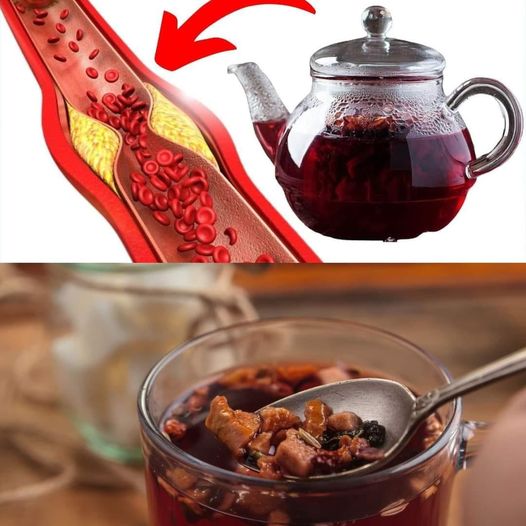Understanding Blood Clots
Blood clots are a natural part of the body’s healing process. However, excessive or inappropriate clotting can lead to serious health conditions like deep vein thrombosis (DVT) and pulmonary embolism.
The Role of Medical Treatment
If you suspect you have a blood clot, it’s crucial to seek immediate medical attention. Blood clots are often treated with anticoagulant medications, which help prevent new clots from forming and break up existing ones.
Natural Remedies and Blood Clots
While natural remedies like drinking certain beverages may have some health benefits, they should not be relied upon as the sole treatment for blood clots. It’s important to consult with a healthcare professional before making any significant changes to your diet or lifestyle, especially if you 1 have a history of blood clots or other medical conditions.
The Importance of a Balanced Diet and Lifestyle
A healthy diet rich in fruits, vegetables, whole grains, and lean protein can contribute to overall health, including cardiovascular health. However, it’s crucial to remember that a balanced diet alone cannot cure or prevent blood clots.
Additional Considerations
- Individual Variations: The effectiveness of natural remedies can vary from person to person.
- Underlying Conditions: If you have a history of blood clots or other medical conditions, consult with a healthcare professional before trying any new remedies.
- Medical Supervision: Always seek medical advice for any health concerns, especially those related to blood clots.
Conclusion
While a healthy diet and lifestyle can contribute to overall well-being, it’s essential to approach health claims with a critical eye. Blood clots are a serious medical condition that requires prompt medical attention. Relying solely on natural remedies without consulting a healthcare professional can be dangerous. Prioritize medical advice and follow recommended treatment plans for the best possible outcomes.
